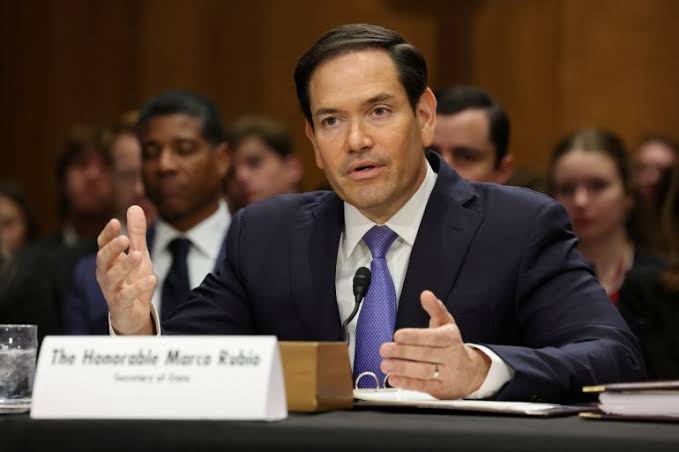Washington D.C., May 29, 2025: The United States will begin revoking the visas of Chinese students affiliated with the Chinese Communist Party (CCP) or those enrolled in sensitive academic fields, Secretary of State Marco Rubio announced on Wednesday. The policy shift is part of a broader effort to counter what the U.S. administration calls “covert influence and espionage risks” posed by certain Chinese nationals.
Rubio emphasized that this measure is not aimed at general Chinese students but specifically at individuals believed to have links to the CCP or involved in disciplines such as quantum computing, artificial intelligence, and defense-related research. He said the move was necessary to “protect U.S. national interests, research integrity, and strategic industries.”
“This is about safeguarding America’s academic and technological sovereignty,” Rubio stated. “We cannot allow adversarial regimes to exploit our openness.”
The decision follows growing bipartisan concerns about intellectual property theft and academic espionage. Chinese students currently represent the largest share of international students in the U.S., with more than 300,000 enrolled at American universities as of last year.
In addition to visa revocations, Rubio noted that the U.S. will also step up social media monitoring of international students and tighten background checks, especially for those from China and Hong Kong.
Beijing responded sharply, condemning the policy as discriminatory and politically motivated. A spokesperson for the Chinese Foreign Ministry accused the U.S. of “weaponizing education and sabotaging people-to-people exchanges.”
Academic institutions and educational associations in the U.S. also expressed concern. The American Council on Education warned that such policies could harm America’s innovation ecosystem and deter global talent.
Despite mounting backlash, the administration has indicated it will continue pushing forward with what it calls a “values-based realignment” of the U.S.-China relationship, citing national security imperatives.
U.S. to Revoke Visas of Chinese Students Linked to CCP, Sensitive Fields: Marco Rubio

